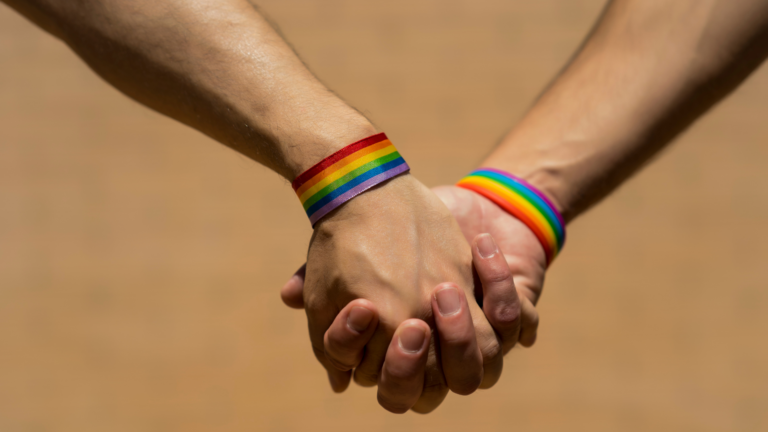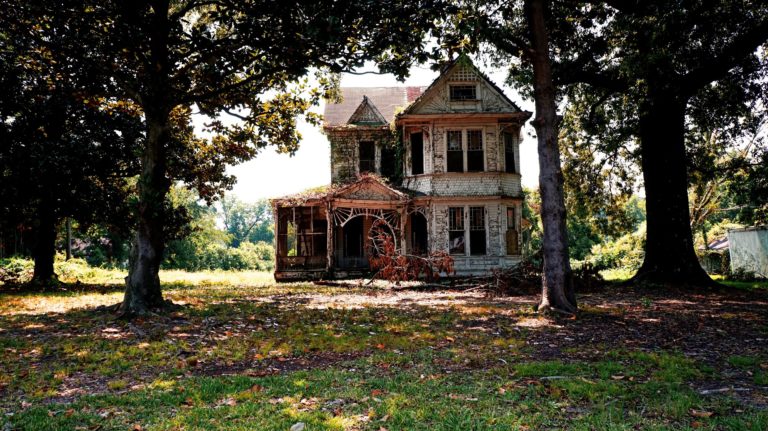“As he went along, he saw a man blind from birth. His disciples asked him, “Rabbi, who sinned, this man or his parents, that he was born blind?” “Neither this man nor his parents sinned,” said Jesus, “but this happened so that the works of God might be displayed in him.” (John 9: 1-3)
Fast forward a couple millennia, and instead of Jesus and His disciples happening upon a blind man, imagine that they instead meet an LGBT+ person. His disciples ask, “Jesus, who can I blame for the fact that this person developed same-sex attraction?”
Pause.
That question assumes that experiencing same-sex attraction isn’t what God intended, which opens a can of worms about whether same-sex attraction is broken and how same-sex attraction develops. We will address those questions more fully in future posts, but in short, the consensus among scientists is that both nature and nurture contribute to the development of same-sex attraction—both genetic as well as environmental factors. But even if a person is born gay, that doesn’t necessarily mean that it is how God intended that person to be. None of us are the way God intended us to be. All of us are broken at a genetic level and born into a fallen world that further injures us.
But let’s simplify this to something universal. We all agree that the distress, loneliness, sadness, pain, exclusion, and oppression that LGBT+ people face is not how it is supposed to be.
So let’s rephrase the disciples’ question to this: “Jesus, who can I blame for the fact that LGBT+ people face so many challenges? God? The person’s parents? The Church? Society?”
Jesus answers, “You’re asking the wrong question.”
For many of us, this question matters. Those who experience same-sex attraction need to be given the space to ask this question and the grace to answer it incorrectly and misplace their anger. But ultimately, assigning blame will not lead anyone to a life of thriving and flourishing. Blaming will not lead a person to wholeness and community.
Let’s look again at what Jesus actually said: “…this happened so that the works of God might be displayed in him.”
God takes broken things and redeems them. God uses what was meant to bring harm in our lives to instead bring goodness to us and those around us. This redemption brings glory to God and proclaims His goodness so that others might know and enjoy Him.
So, who can we blame? We’re asking the wrong question. The question we should be asking is this: How will God use this?
Perhaps this question of how and why same-sex attraction develops is one of the many paradoxes of the Christian faith. The answer is neither one thing nor another. Perhaps it is both true that the challenges LGBT+ people face is not how God intended it to be, and nevertheless, He does intend to collaborate with us, using our lives to glorify Him and bring goodness to the world.
That is why we do the work of Equip: to bring goodness to others and to offer future generations something different. Start conversation among your friends, join the work of Equip, or be an ambassador for Equip to your Church today!






